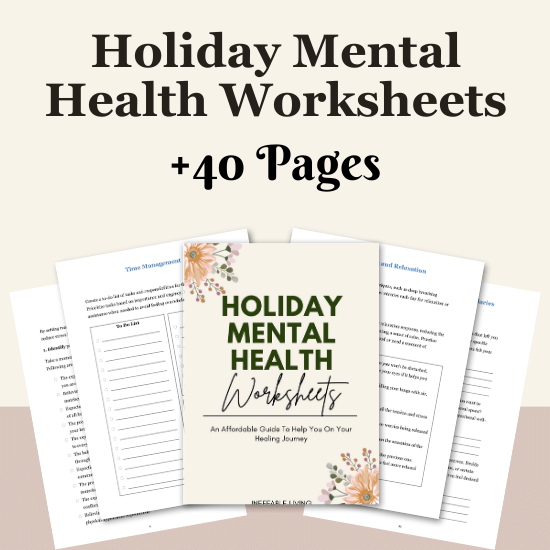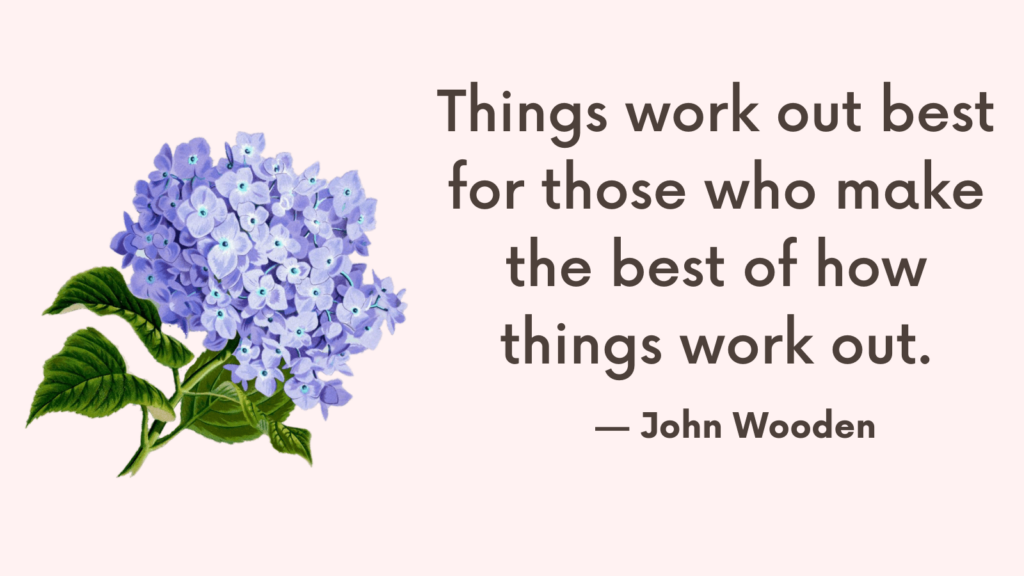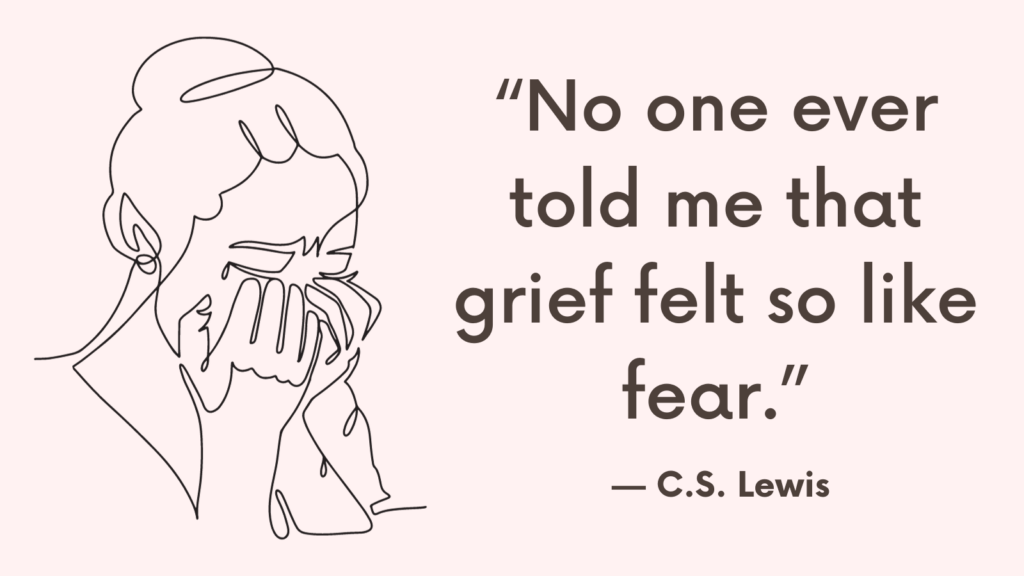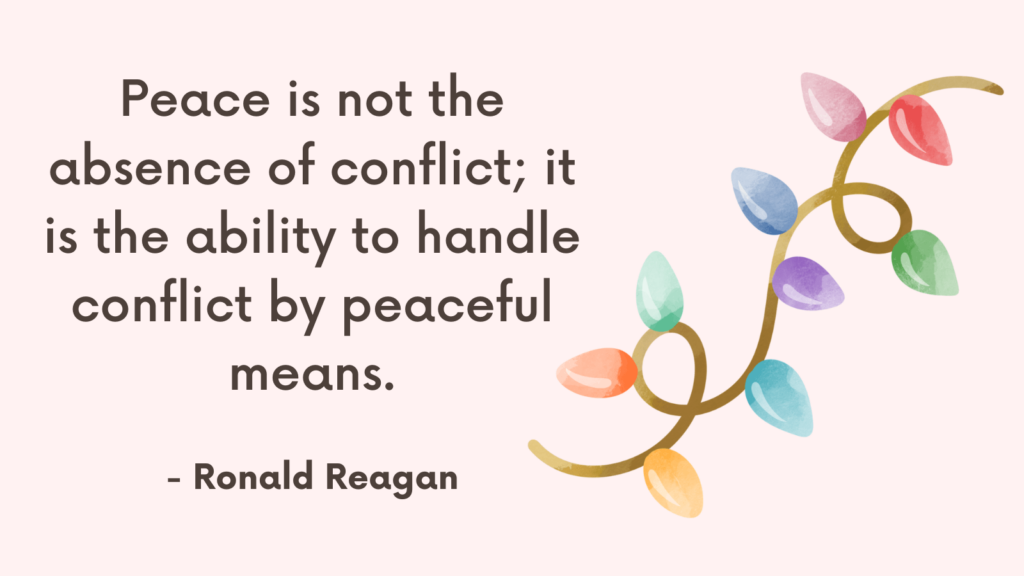The holiday season often brings together people from various walks of life, which can sometimes lead to challenging conversations.
Whether it’s an awkward family discussion, unsolicited advice, or heated debates, navigating these interactions with grace and resilience can make your gatherings more enjoyable.
Below are practical strategies to deal with difficult conversations at holiday gatherings.
How to Deal with Difficult Conversations at Holiday Gatherings?
1. Prepare Mentally Before the Gathering
Knowing that challenging conversations might arise can help you feel more prepared.
Spend a few minutes visualizing a positive experience. Imagine yourself responding calmly to potential triggers.
Example: Before the gathering, practice affirmations like, “I can remain calm and composed no matter the situation.”
Related: How to Manage Family Conflicts at Holiday Gatherings?
2. Set Boundaries in Advance
Being proactive about your boundaries can prevent uncomfortable topics from escalating.
Decide on topics you’re unwilling to discuss and plan how to steer the conversation away if they come up.
Example: If politics is a sensitive topic, say, “I’d prefer to keep the conversation light and focused on the holidays.”
Related: How to Handle Holiday Overwhelm: Practical Stress Reduction Tips
3. Use Active Listening
Sometimes, letting others feel heard can diffuse tension.
Listen without interrupting, nod to show engagement, and summarize their points to confirm understanding.
Example: “I hear that you’re passionate about this topic, and I appreciate your perspective.”
Related: How to Stay Grounded in a Season of Overindulgence?
4. Stay Neutral and Calm
Keeping a neutral tone can help prevent the conversation from escalating.
Take deep breaths and pause before responding to avoid reacting emotionally.
Example: If someone makes a controversial statement, respond with, “That’s an interesting point. I’d like to think about it more.”
Related: How to Cope with Holiday Expectations And Loneliness?
5. Redirect the Conversation
Skillfully changing the topic can save you from prolonged uncomfortable discussions.
Have a few neutral conversation topics prepared, like holiday traditions or favorite recipes.
Example: “That’s a good point. Speaking of which, have you tried the dessert? It’s amazing!”
Related: Post-Holiday Depression: Why It Happens and How to Manage It
6. Focus on Empathy
Understanding why someone brings up a sensitive topic can help you approach it with compassion.
Consider their perspective and try to connect on shared values or feelings.
Example: “I can see how this is important to you. Let’s find common ground on how we view this.”
Related: 10 Holiday Rituals That Support Mental Wellness
7. Limit Alcohol Consumption
Alcohol can lower inhibitions, making difficult conversations more likely to spiral out of control.
Pace your drinks and opt for non-alcoholic beverages if needed to maintain clarity.
Example: Have a festive mocktail recipe ready to enjoy without feeling pressured to drink.
Related: Post-Holiday Depression: Why It Happens and How to Manage It
8. Excuse Yourself Gracefully
If a conversation becomes too overwhelming, it’s okay to step away.
Politely excuse yourself to get some air or help in the kitchen.
Example: “Excuse me, I need to check on something in the kitchen. I’ll be right back.”
Related: How to Practice Self-Compassion After the Holidays?
9. Enlist an Ally
If you anticipate a particularly difficult interaction, let a trusted friend or family member know you may need their support.
Arrange a signal or code word to indicate when you need help redirecting or exiting a conversation.
Example: Agree with your ally to say, “Can you help me with something in the other room?” as a discreet way to exit.
Related: How to Cope with Holiday FOMO (Fear of Missing Out)?
10. Practice Self-Care Afterward
Difficult conversations can be draining, so it’s important to replenish your emotional energy.
Schedule downtime for yourself after the gathering to decompress and reflect.
Example: Take a relaxing bath, journal your thoughts, or watch a comforting movie to unwind.
Related: Managing Post-Holiday Fatigue: How to Recharge Mentally and Emotionally?

Final Thoughts
Difficult conversations at holiday gatherings are often unavoidable, but they don’t have to ruin the celebration.
By setting boundaries, staying calm, and focusing on positive interactions, you can manage these moments with grace.
Remember, your peace of mind matters, and it’s okay to prioritize your emotional well-being during the holidays.



